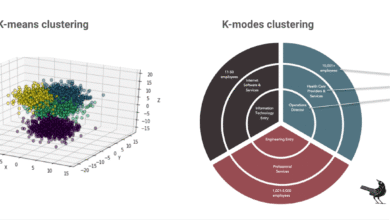7 Google Ads Tracking Issues Skewing Your Conversion Data
▼ Summary
– Faulty conversion tracking negatively impacts PPC campaign performance.
– The article addresses seven common Google Ads tracking issues.
– These tracking problems can lead to misleading conversion data.
– Solutions are provided to fix these tracking errors.
– The content was originally published on Search Engine Journal.
Accurate conversion tracking is the backbone of any successful Google Ads campaign, yet many marketers struggle with misleading data that distorts performance metrics. When tracking fails, it creates a ripple effect, budgets get misallocated, optimizations miss the mark, and ROI calculations become unreliable. Identifying and resolving these tracking gaps is critical for making data-driven decisions.
Duplicate conversions often inflate results, making campaigns appear more effective than they truly are. This happens when multiple tags fire for a single action, like a thank-you page reload triggering another conversion count. Implementing proper tag configurations and using Google’s deduplication settings can prevent this distortion.
Cross-device tracking gaps lead to underreported conversions when users switch between mobile and desktop before completing an action. Without unified tracking, you might credit the wrong device or miss the conversion entirely. Enabling cross-device reporting in Google Analytics helps bridge this disconnect.
Time zone mismatches between ad accounts and analytics platforms create discrepancies in conversion timelines. A sale recorded on Tuesday in one system could show as Wednesday in another, skewing daily performance analysis. Consistently aligning time zones across tools ensures accurate date-based reporting.
Offline conversions often slip through the cracks, especially for businesses relying on phone calls or in-store visits. Without proper import processes, these valuable actions never appear in campaign data. Implementing call tracking and CRM integrations closes this loop.
Ad blockers and privacy settings prevent tracking scripts from loading, causing significant data loss. While you can’t bypass these restrictions entirely, comparing analytics data with Google Ads reports helps estimate the true impact.
Redirect chains and slow-loading pages sometimes prevent tracking pixels from firing before users navigate away. Minimizing redirects and optimizing page speed reduces these drop-offs.
Incorrect attribution models assign credit to the wrong campaigns or channels. Last-click models often overlook assisted conversions, while data-driven attribution provides a more balanced view of the customer journey.
Regular audits of your tracking setup help catch these issues early. Testing tags with Google Tag Assistant and comparing data across platforms reveals inconsistencies before they warp your optimization strategy. When conversion tracking works correctly, every decision, from bid adjustments to audience targeting, rests on reliable insights.
(Source: Search Engine Journal)





